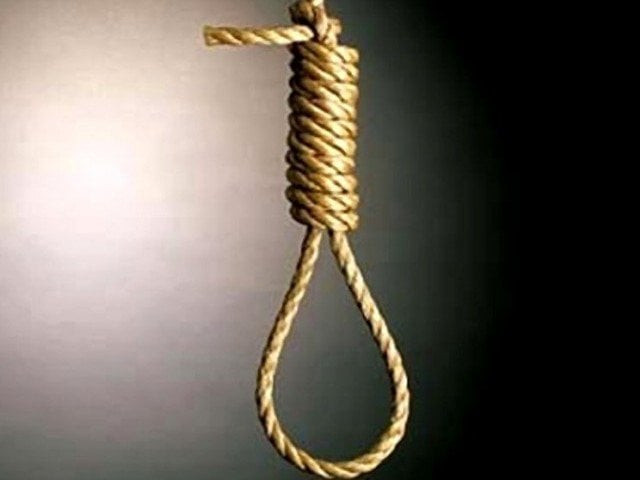Executioners jobless as convicts await verdicts
Pakistan has not carried out any executions in the past decade

Pakistan has not carried out a single execution of a death row convict in the past decade, rendering the role of executioners obsolete.
Approximately 90 per cent of executioners have been dismissed, while the remaining few work as daily wage earners. There are currently no executioners employed on a permanent basis.
Despite the Supreme Court rejecting the final appeals of 47 convicts, their executions remain on hold, with most mercy petitions awaiting decisions from the President of Pakistan.
A dozen convicts have also filed review appeals. Nevertheless, prisons, including Adiala Jail, continue routine maintenance of hanging gallows, even as executions are indefinitely stalled.
At Adiala Jail alone, 231 inmates, including two women, are on death row. Among them, 13 have mercy appeals pending before the President.
Criminal lawyer Shahzeb Khan, Advocate Supreme Court, highlighted Pakistan's commitments to international agreements regarding the death penalty, such as those with the United Nations, European Union, and Commonwealth. These obligations create significant hurdles in carrying out executions.
Khan noted that the majority of death sentences issued by Additional Sessions Courts are commuted or overturned at higher levels.
Around 70 per cent of such sentences are converted to life imprisonment or result in acquittals by the Lahore High Court, while another 30 per cent reach the Supreme Court. Of these, 2527 per cent are overturned.
The appeals process often spans over a decade, with convicts typically spending 1517 years in prison before a final verdict. Many are over 60 by the time the Supreme Court delivers its decision, and their advanced age often leads to death sentences being commuted to life imprisonment.
Advocate Asad Abbasi, senior member of the Punjab Bar Council and Chairman of the Human Rights Association, argues that life imprisonment is more severe than execution.
Convicts often spend 2025 years in prison, leaving them unfit for reintegration into society upon release. However, Abbasi also emphasised that it is a constitutional obligation to carry out death sentences once all appeals are exhausted, warning that delays in implementation undermine the justice system.
Sources at Central Jail Adiala stated that the jail is prepared to implement executions as mandated by the courts. "If the courts issue a black warrant, we are bound to execute it immediately," they said, adding that all necessary arrangements are in place.
While the gallows stand ready, Pakistan's execution policy remains mired in legal, social, and international complexities, leaving hundreds of convicts in limbo.



















COMMENTS
Comments are moderated and generally will be posted if they are on-topic and not abusive.
For more information, please see our Comments FAQ